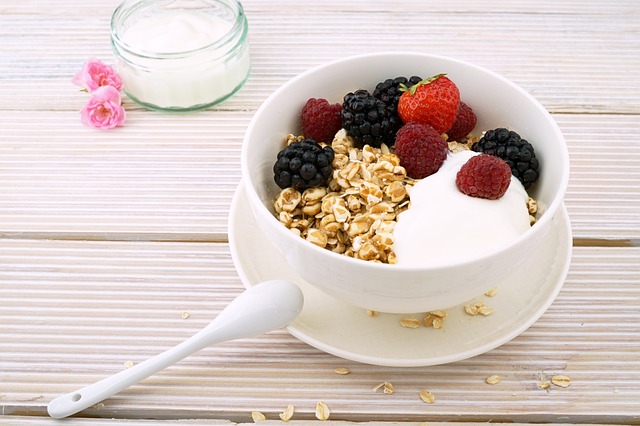
Opinions are divided on snacking. Some people argue that if you eat between meals, you are both spoiling your appetite and adding unnecessary calories. Others will swear that a snack whenever you feel you need it is a good choice; if your body is calling out for food, it is best to heed that call, because your body knows what it wants. In truth, the latter statement is more accurate than the former. Snacking during the day is an acceptable way to stow hunger pangs. Of course, it’s not just as simple as saying that, though. There’s more to snacking than just picking up something quick between meals.
There is a difference between mindless snacking, which can see you reach for a bag of potato chips an hour before dinner because you’re peckish, and a smarter approach which adds nutritional value. If you want to ensure you’re getting the best of all worlds, it’s worth looking into how snacking can be to your benefit, and we have a few tips below which will help you hugely in that respect.
What is mindful snacking?
A mindful approach to snacking is about ensuring that when you eat between meals, it’s not just about grabbing whatever is closest, or dropping in to a fast-food outlet because it’s convenient at a certain point in the day. If you find that you eat between meals no matter how well you plan out meals, then it is advisable to plan for snacking and accept that you’ll get a craving at some point in the day. You can then include these snacks in your weekly shopping, so you’ll always have something good on hand to deal with the situational cravings you get.
What kind of snacks should I buy?
You should keep indulgences to a minimum. If you have cookies or puddings in the home, you will reach for them when you’re distracted by hunger. You don’t have to ban them outright, just buy them when you want them. If that feels like an inconvenience, great – you should have to go out of your way to eat something that’s not good for you. You should have snacks in the fridge for all the family: protein bursts for you, healthy toddler snacks for the little ones, and fruit and veg for the older kids.
What makes a good snack?
A snack should be something you can just grab when you’re running low on energy or when a rumbling stomach distracts you from going about your day. If you have to spend time preparing a snack, then the temptation to graze while you’re making it will be there, and despite what we tell ourselves, food that we eat while preparing other food still counts toward calorie allowances. Grapes, whole nuts, and batch-made cereal bars and energy balls are all good snacks, and can quell a hunger pang as soon as it strikes. It’s worth packing a container with snacks to take to work, as this can help you master the mid-morning crash that happens to so many of us.
